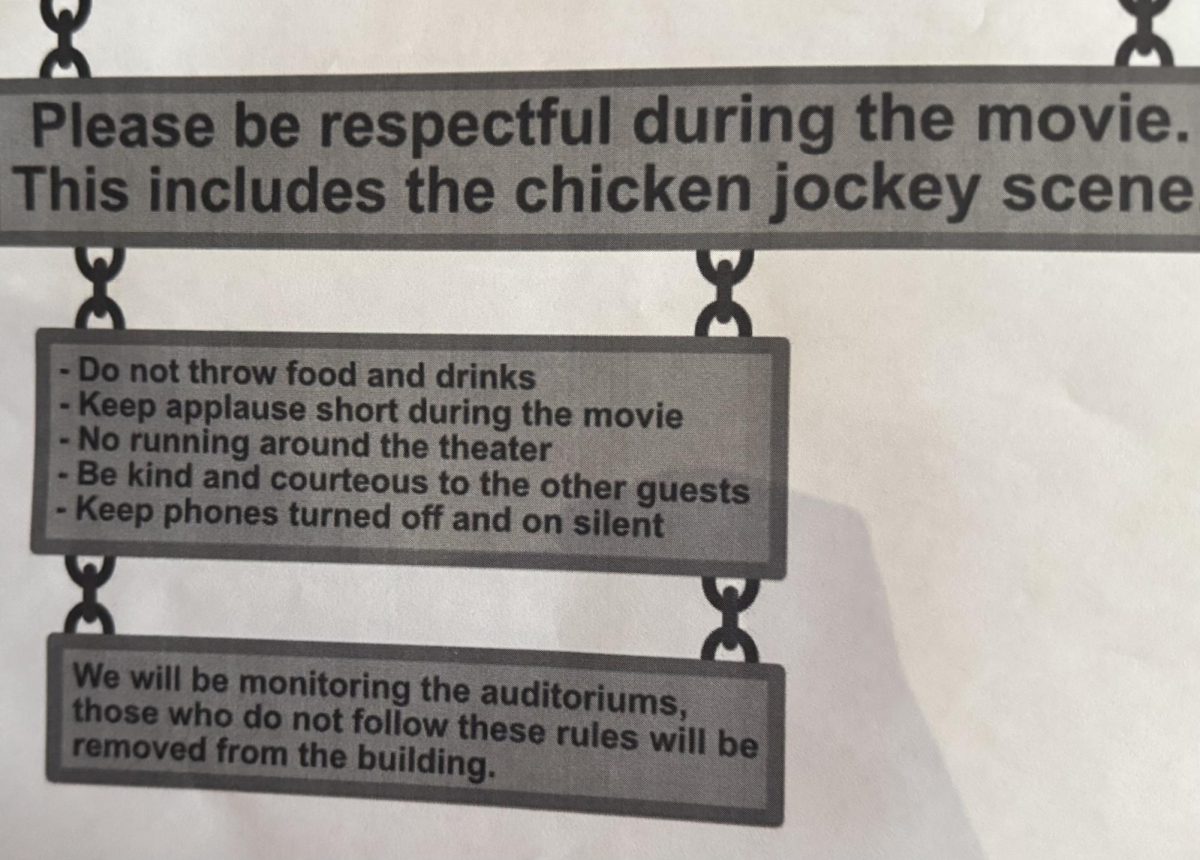By MacSUPER
Intersectionality (noun): “The interconnected nature of social categorizations such as race, class, and gender, regarded as creating overlapping and interdependent systems of discrimination or disadvantage” (Oxford Dictionary).
What does intersectionality mean to you? Who does your version of ‘intersectionality’ represent and include? At Macalester, the concept of intersectional solidarity and justice is present in classrooms and campus-wide discourse, but most often as a buzzword, a point of view that many of us understand as important without entirely understanding its implications.
Intersectionality plays a key role in acknowledging and acting upon the exclusion of certain groups in social justice movements, and while consideration of diverse identities can be asserted as a hindrance to social progress, we believe that solidarity between groups of people is crucial to creating a more equitable and accepting society.
On Nov. 2, the 2018 Mahmoud El-Kati Distinguished Lecture in American Studies was delivered by Dr. Marc Lamont Hill, a professor at Temple University, as well as a social justice activist and political contributor for CNN. In his talk, Hill addressed the necessity of collaboration between Black resistance in the United States and Palestinian resistance in Israel-Palestine. Using the 2014 Ferguson unrest as an example, which followed the murder of Michael Brown by a police officer, Hill highlighted the social media presence and solidarity of Palestinian activists during protests in Ferguson and across the United States. On Twitter and Facebook, Palestinian activists sent advice to American protesters on strategies from minimizing the pain of tear gas, to effectively mobilizing communities and positioning oneself when being physically beaten by law enforcement. Throughout his speech, Hill presented and reiterated a crucial point of view: that Black-Palestinian Solidarity, in addition to countless other forms of intersectional solidarity, is an asset and catalyst for social resistance both in the United States and abroad.
On the last weekend of September, several Macalester students attended the 2018 “Together We Rise” United States Campaign for Palestinian Rights. This national conference allowed hundreds of students, community leaders and organizers to advocate for and understand the Palestinian struggle for human rights. The conference’s opening plenary, “Resilience Across Movements” explored the intersections between Black, Indigenous, and Palestinian struggles for freedom, focusing on the intersections of global struggles for liberation, such as the restriction of movement, land theft, and systemic racism. In the following days, community leaders and grassroot organizations led trainings, such as “From Palestine to Mexico, All the Walls Have Got to Go” on border militarization and “Fighting State Suppression of Palestine & Native American Organizing” on the systematic destruction of Palestinian and Native American land and peoples. These intersections are by no means the only possible convergences in social justice movements, but they offer a unique lens on how to build solidarity with Palestine.
As a result of insufficient media coverage, general disregard for the struggles of people of color, and a consistently anti-Palestinian rhetoric extending from American governance to college campuses, Palestine often appears to be an exception to the general rule of human equality that many social justice activists uphold in the United States. Not only does this harm the Palestinian liberation movement, but deprives liberation movements within the United States of resources and knowledge that would arise naturally from cross-cultural and transnational collaboration. For example, global policing and militarized surveillance are used both in the US and in Israel, and in both cases deeply harm communities. The same police officers that militarize city streets in the US often train with the Israeli Defense Forces in Israel, learning from and with one another on how to oppress vulnerable groups.
What are we doing to learn about the Palestinian struggle and call for liberation from Israeli systemic racism and apartheid? What are we doing to learn about African-American resistance to white supremacy? What connections are we drawing between these two critical movements? The advocacy for rights to freedom and equality of one group of oppressed people necessitates the advocacy for rights of all groups of oppressed people. As Macalester students and members of a larger society, we must remain conscious of the movements that we support and the inherent biases that we hold. We cannot be selective in our advocacy. This does not mean we must put our energy and effort into every social movement, but rather that we should remain open to the interconnectedness of human struggle as we navigate our respective identities and causes. Intersectionality isn’t an intangible and idealistic concept; it is an attainable goal that operates under the assumption that all human beings are equal and have the right to struggle for that equality.







Rachel Dowd • Sep 11, 2019 at 11:41 am
I’m impressed, I must say. Seldom do I encounter a blog that’s both educative and amusing, and without a doubt, you’ve hit the nail on the head. The issue is something that not enough folks are speaking intelligently about. I am very happy that I stumbled across this during my search for something regarding this.
Benjamin Butler • Sep 10, 2019 at 6:13 am
Magnificent goods from you, man. I’ve be aware your stuff prior to and you’re simply too fantastic. I really like what you have got right here, certainly like what you are stating and the way in which you say it. You are making it enjoyable and you still take care of to stay it wise. I can not wait to learn far more from you. This is really a wonderful website.
Matt Manning • Sep 6, 2019 at 2:06 am
I have seen plenty of useful factors on your site about computers. However, I’ve got the view that lap tops are still less than powerful sufficiently to be a good selection if you typically do projects that require lots of power, including video editing. But for web surfing, microsoft word processing, and a lot other typical computer work they are okay, provided you never mind your little friend screen size. Appreciate sharing your opinions.
Willis Steck • Jul 23, 2019 at 3:31 pm
Mass parsite http://bit.ly/2W9CVkn